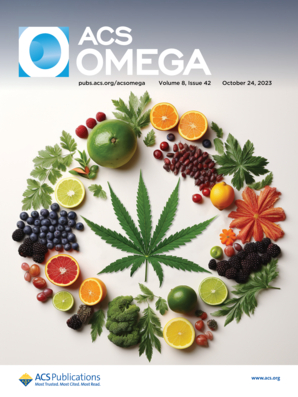
Background
Clinical evidence on the use of cannabidiol (CBD) for sleep remains limited. Even fewer studies have tested the comparative effectiveness of cannabinoid formulations found within CBD products used for sleep or how they compare to other complementary therapies such as melatonin.
Methods
Participants (N = 1,793 adults experiencing symptoms of sleep disturbance) were randomly assigned to receive a 4-week supply of 1 of 6 products (all capsules) containing either 15 mg CBD or 5 mg melatonin, alone or in combination with minor cannabinoids. Sleep disturbance was assessed over a period of 5 weeks (baseline week and 4 weeks of product use) using Patient-Reported Outcomes Measurement Information System (PROMIS™) Sleep Disturbance SF 8A, administered via weekly online surveys. A linear mixed-effects regression model was used to assess the differences in the change in sleep disturbance through time between each active product arm and CBD isolate.
Results
All formulations exhibited a favorable safety profile (12% of participants reported a side effect and none were severe) and led to significant improvements in sleep disturbance (p < 0.001 in within-group comparisons). Most participants (56% to 75%) across all formulations experienced a clinically important improvement in their sleep quality. There were no significant differences in effect, however, between 15 mg CBD isolate and formulations containing 15 mg CBD and 15 mg cannabinol (CBN), alone or in combination with 5 mg cannabichromene (CBC). There were also no significant differences in effect between 15 mg CBD isolate and formulations containing 5 mg melatonin, alone or in combination with 15 mg CBD and 15 mg CBN.
Conclusions
Our findings suggest that chronic use of a low dose of CBD is safe and could improve sleep quality, though these effects do not exceed that of 5 mg melatonin. Moreover, the addition of low doses of CBN and CBC may not improve the effect of formulations containing CBD or melatonin isolate.




